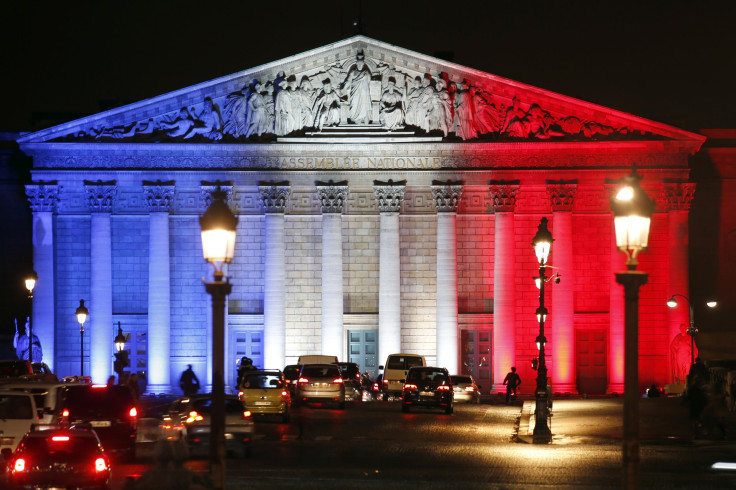Several Paris Attackers Were On US Watchlists: Officials

By Mark Hosenball
WASHINGTON (Reuters) -- At least four of the Paris attackers were listed in a central counter-terrorism database maintained by the U.S. intelligence community, five U.S. officials said on Thursday.
At least one and possibly more of the attackers was also on a more selective U.S. "no fly list", three of the officials said, though they would not provide a specific number.
In coordinated attacks in Paris last Friday, 129 people were killed and more than 300 were wounded. The Islamic State group has claimed responsibility for the worst violence in France since World War II.
The U.S. officials said four of the attackers who have been publicly named by France were listed before the attacks in TIDE, a central, highly classified database of raw information maintained by the National Counterterrorism Center (NCTC), a division of the Office of the Director of National Intelligence. They did not name those who were listed in TIDE.
A paper issued by NCTC last year reported that as of December 2013, TIDE contained "about 1.1 million persons," many including "multiple minor spelling variations of their names."
U.S. spy and law enforcement agencies "nominate" names for TIDE, one of the officials said.
The paper said about 25,000 U.S. persons' names were in the database. However, officials said the Paris attackers were not believed to be U.S. citizens or residents, and their names were put in the database after intelligence information was shared with the United States by European authorities.
A separate U.S. government unit, the Terrorist Screening Center (TSC), run by an agent with the Federal Bureau of Investigation, maintains several unclassified databases, including a master list of suspects called the Terrorist Screening Database and two smaller lists, the "select list" and "no fly" list.
These lists are more selective versions of TIDE, and classified intelligence data has been deleted from them. Airlines flying in the United States must submit lists of passengers to TSC in advance of departures so they can be screened.
Terrorist Screening Center spokesman Dave Joly said the agency does not publicly confirm or deny if a person is on their watchlists because doing so "would significantly impair the government’s ability to investigate and counteract terrorism, and protect transportation security."
(Reporting by Mark Hosenball; Additional reporting by Patricia Zengerle; Editing by Toni Reinhold)
© Copyright Thomson Reuters 2024. All rights reserved.





















